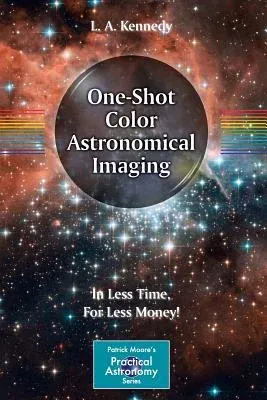L A Kennedy
(Author)One-Shot Color Astronomical Imaging: In Less Time, for Less Money! (2012)Paperback - 2012, 5 April 2012

Qty
1
Turbo
Ships in 2 - 3 days
In Stock
Free Delivery
Cash on Delivery
15 Days
Free Returns
Secure Checkout

Part of Series
Patrick Moore Practical Astronomy
Part of Series
Patrick Moore's Practical Astronomy
Part of Series
Patrick Moore S Practical Astronomy
Print Length
191 pages
Language
English
Publisher
Springer
Date Published
5 Apr 2012
ISBN-10
1461432464
ISBN-13
9781461432463
Description
Product Details
Author:
Book Edition:
2012
Book Format:
Paperback
Country of Origin:
NL
Date Published:
5 April 2012
Dimensions:
22.86 x
15.49 x
1.27 cm
Genre:
Science/Technology Aspects
ISBN-10:
1461432464
ISBN-13:
9781461432463
Language:
English
Location:
New York, NY
Pages:
191
Publisher:
Series:
Weight:
317.51 gm